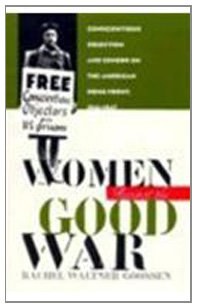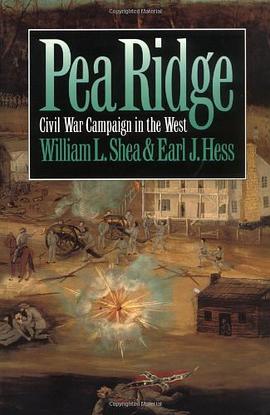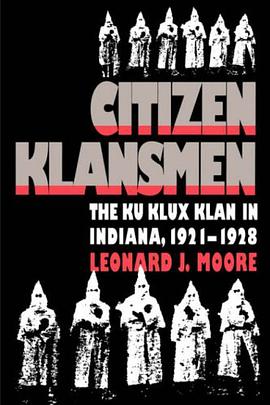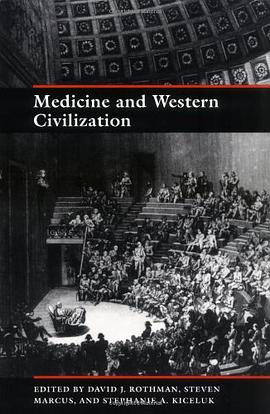

具体描述
During World War II, more than 12,000 male conscientious objectors seeking alternatives to military service entered Civilian Public Service to do forestry, soil conservation, or other 'work of national importance.' But this government-sponsored, church-supported program also attracted some 2,000 women--most of whom were part of Mennonite, Amish, Brethren, or Quaker families with deeply held antiwar beliefs--to 151 alternative service locations across the country. Rachel Waltner Goossen tells the story of these women against the 'good war,' women who identified themselves as conscientious objectors. Despite cultural hostility and discriminatory federal policies, they sought to demonstrate their humanitarian convictions by taking part in Civilian Public Service work.Based on little-known archival sources as well as oral history interviews and questionnaire responses, Goossen's study reveals the extent to which these women's religious and philosophical beliefs placed them on the margins of American society. Encouraged by religious traditions that prized nonconformity, these women made unusual choices, questioned government dictums, and defied societal expectations, all of which set them apart from the millions of Americans who supported the war effort.
作者简介
目录信息
读后感
评分
评分
评分
评分
用户评价
相关图书
本站所有内容均为互联网搜索引擎提供的公开搜索信息,本站不存储任何数据与内容,任何内容与数据均与本站无关,如有需要请联系相关搜索引擎包括但不限于百度,google,bing,sogou 等
© 2026 book.wenda123.org All Rights Reserved. 图书目录大全 版权所有




















